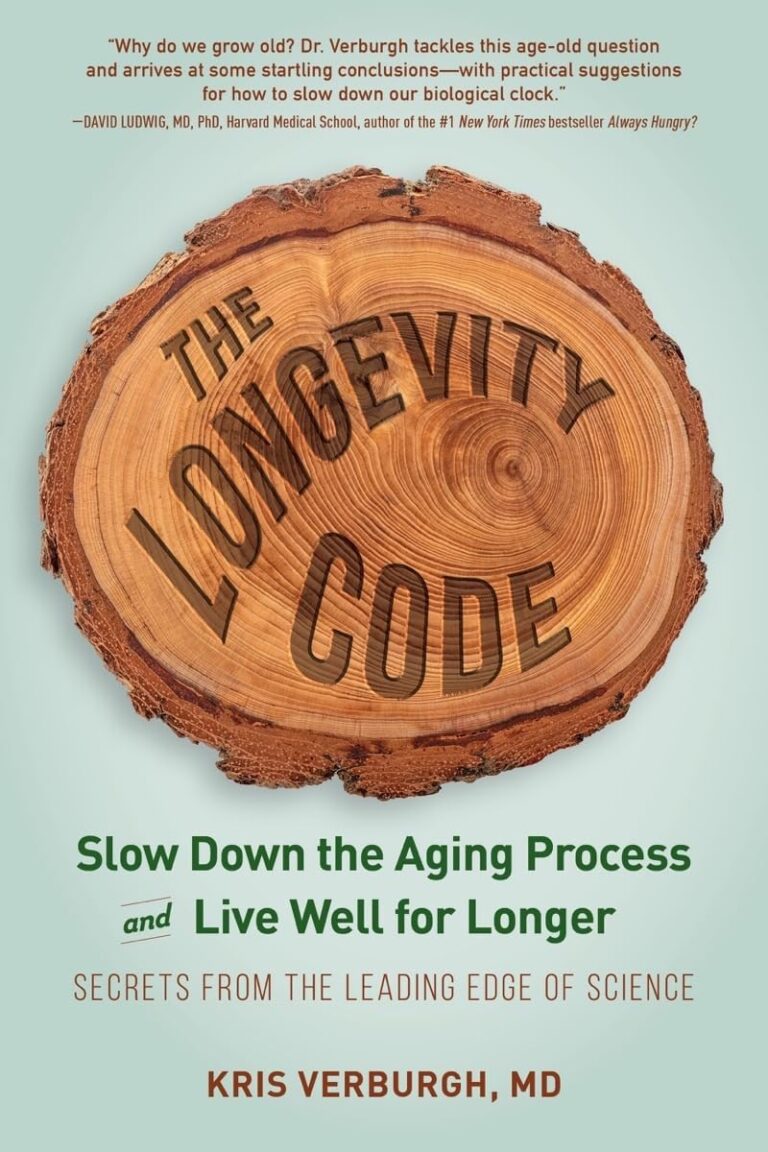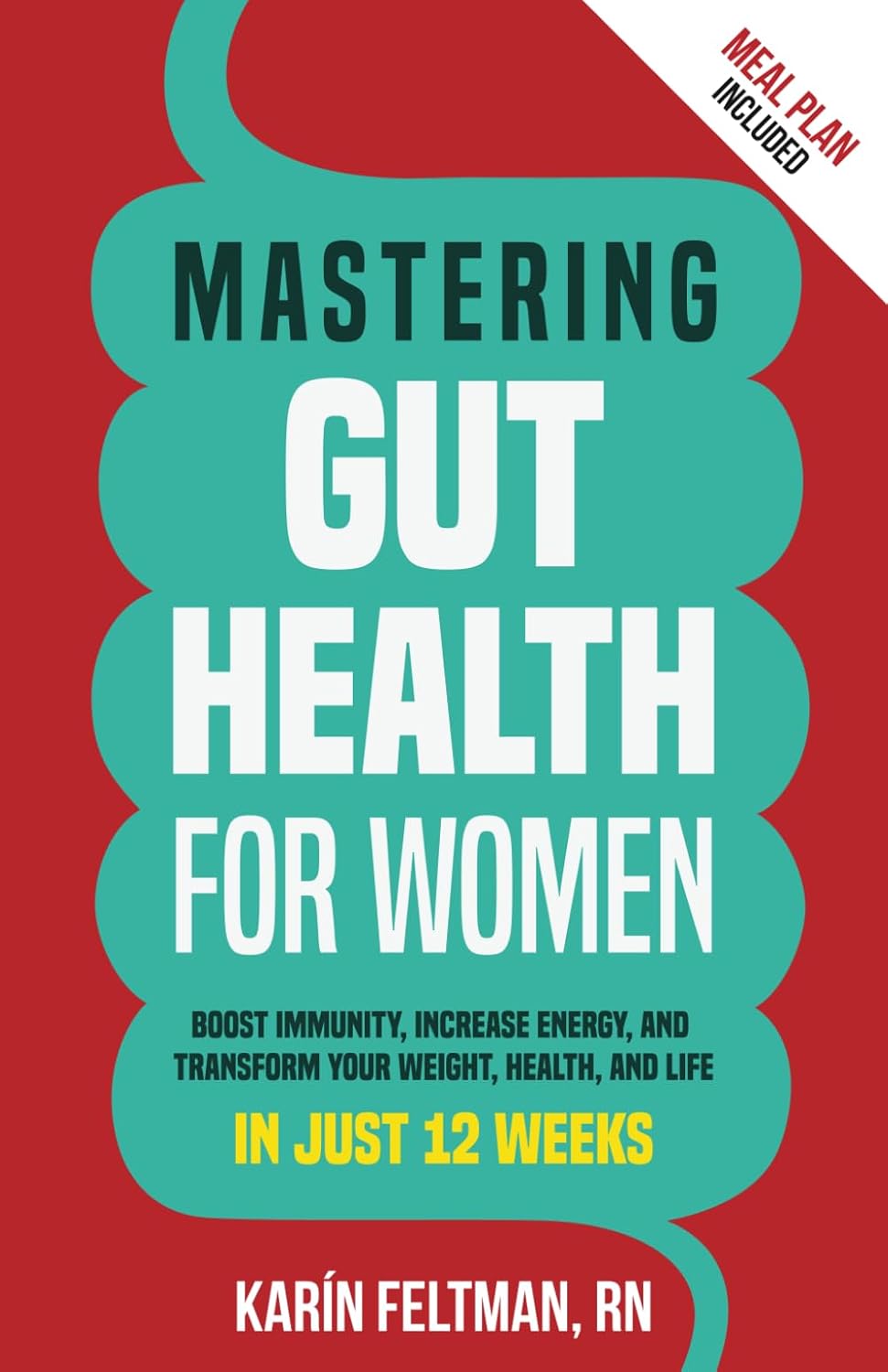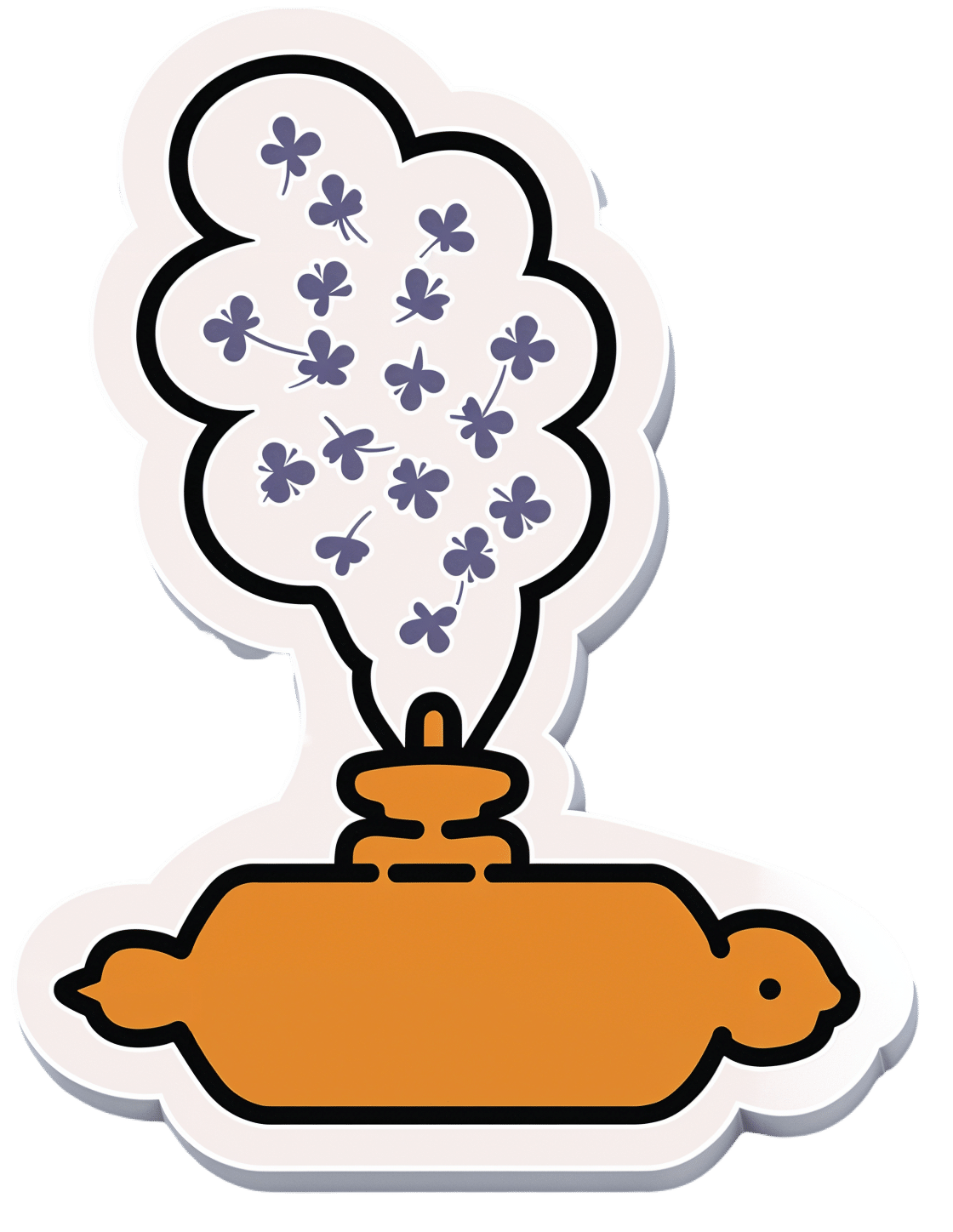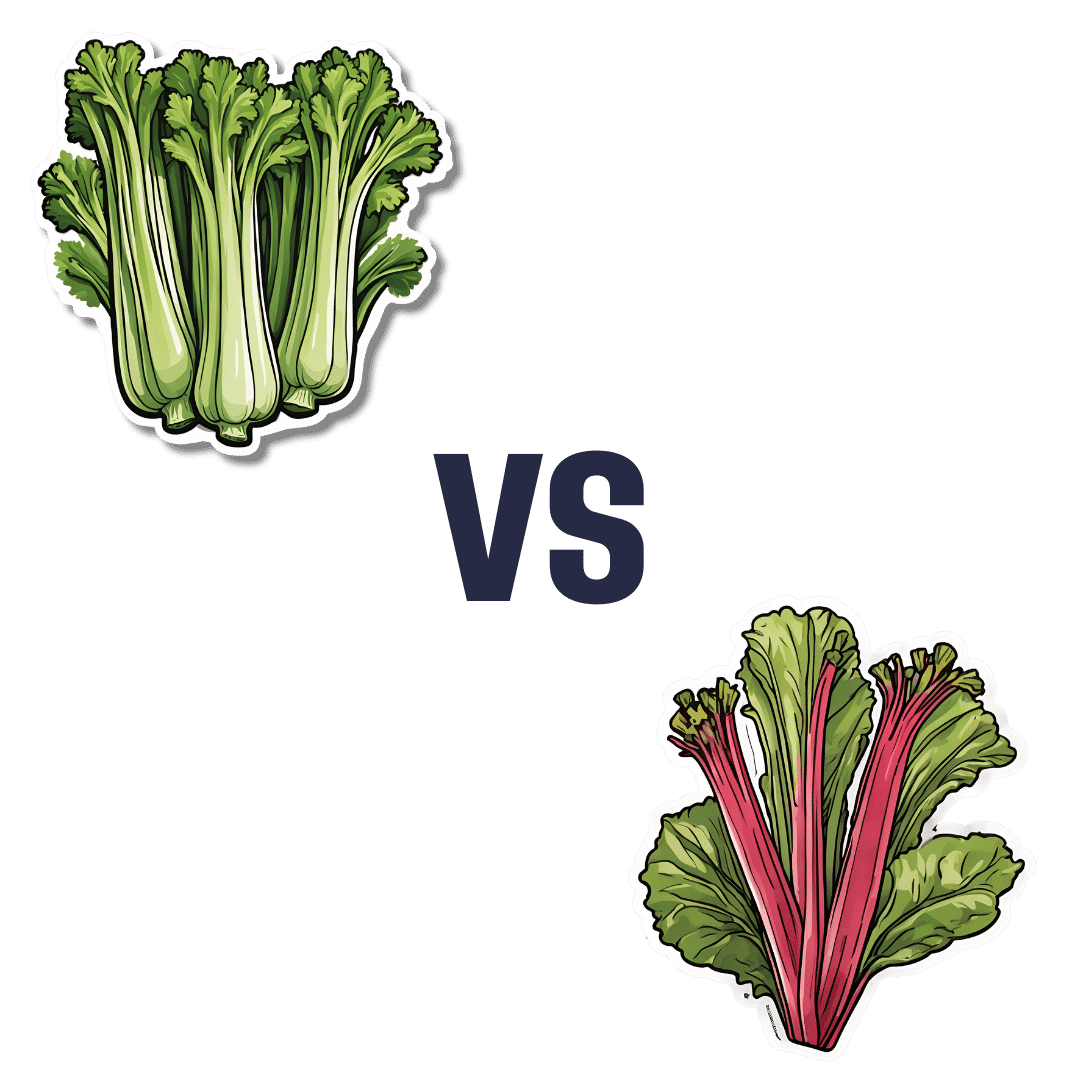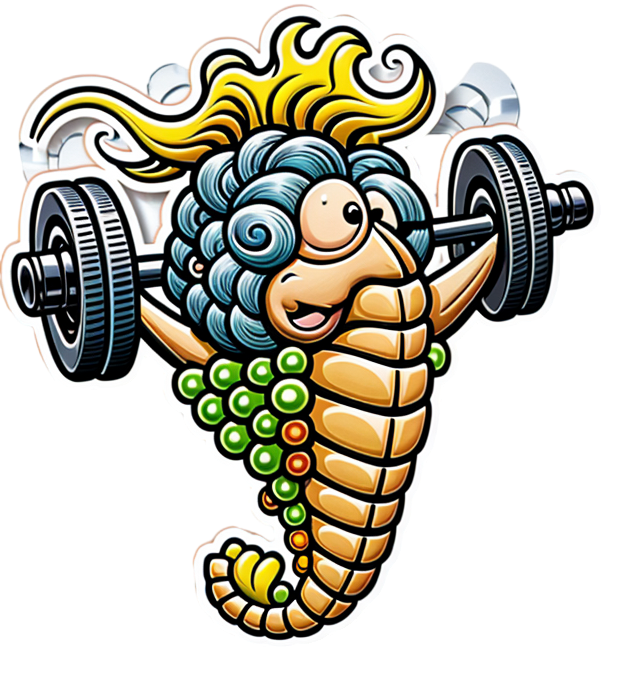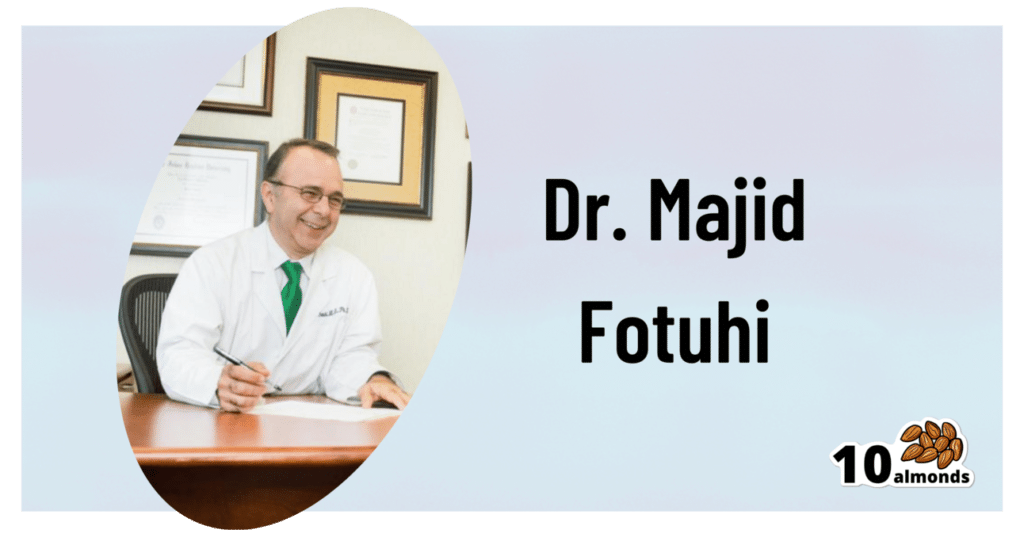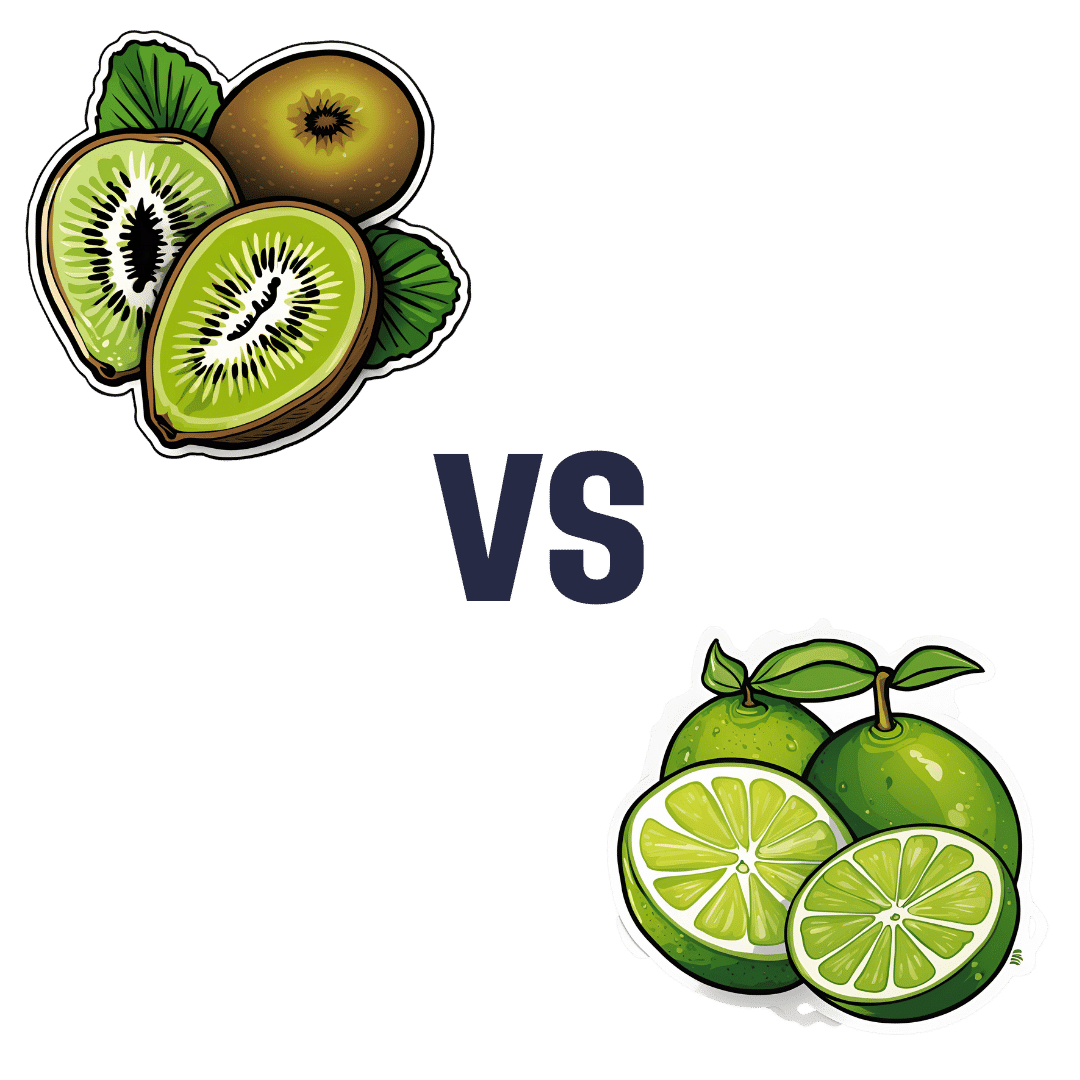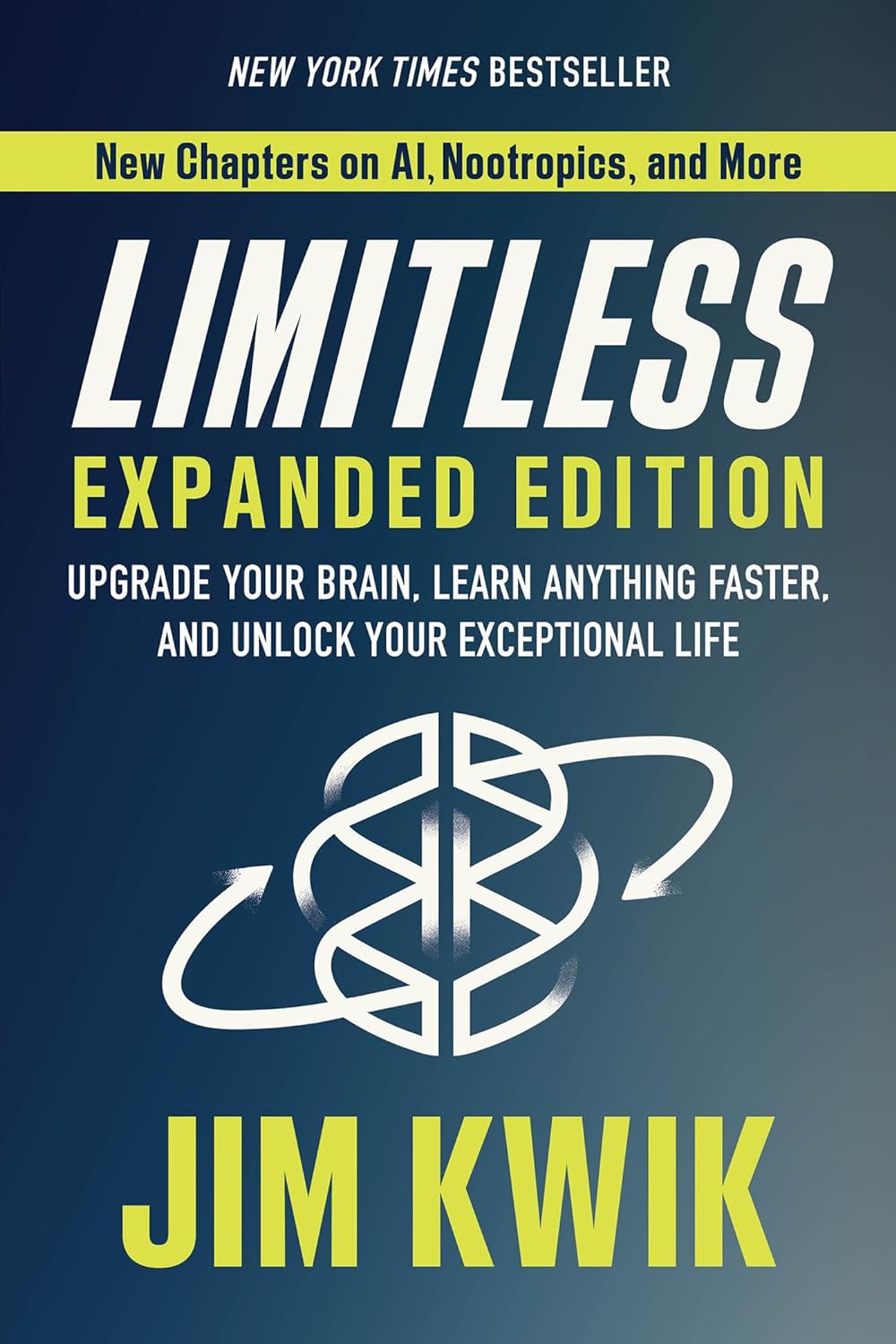
Limitless Expanded Edition – by Jim Kwik
10almonds is reader-supported. We may, at no cost to you, receive a portion of sales if you purchase a product through a link in this article.
This is a little flashier in presentation than we usually go for here, but the content is actually very good. Indeed, we’ve featured Jim Kwik before, with different, but also good content—in that case, physical exercises that strengthen the brain.
This time, Kwik (interspersed with motivational speeches that you may or may not benefit from, but they are there) offers a step-by-step course in improving various metrics of cognitive ability. His methods were produced by trial and error, and now have been refined and enjoyed by man. If it sounds like a sales gimmick, it is a bit, but the good news is that everything you need to benefit is in the book; it’s not about upselling to a course or “advanced” books or whatnot.
The style is enthusiastically conversational, and instructions when given (which is often) are direct and clear.
Bottom line: one of the most critical abilities a brain can have is the ability to improve itself, so whatever level your various cognitive abilities are at right now, if you apply this book, you will almost certainly improve in one or more areas, which will make it worth the price of the book.
Click here to check out Limitless, and find out what you can do!
Don’t Forget…
Did you arrive here from our newsletter? Don’t forget to return to the email to continue learning!
Recommended
Learn to Age Gracefully
Join the 98k+ American women taking control of their health & aging with our 100% free (and fun!) daily emails:
-
Mastering Gut Health for Women – by Karín Feltman
10almonds is reader-supported. We may, at no cost to you, receive a portion of sales if you purchase a product through a link in this article.
The author, a registered nurse, has a focus on holistic health, and in this book it’s all about wellness from the inside out.
To effect this, she lays out a 12-week program of transformations:
- Week 1: transform your knowledge
- Week 2: transform your brain
- Week 3: transform your digestion
- Week 4: transform your immunity
- Week 5: transform your emotions
- Week 6: transform your sleep
- Week 7: transform your energy/vitality
- Week 8: transform your activity
- Week 9: transform your hormones
- Week 10: transform your diet
- Week 11: transform your weight
- Week 12: transform your habits
Which all adds up to quite a comprehensive overall transformation!
Of course, it’s possible you might want to implement everything at once; an exciting prospect for sure, but oftentimes it really is best to just change one thing at once before moving on; that way it’s a lot more likely to stick, and that’s why she presents it in this format.
On the other hand, maybe you might want to take longer than the 12 weeks, if for example it takes you more than a week to do a certain part. That’s fine too, though for most people without serious constraints (or suffering some unexpected major interruption to your usual life), the 12-week program should be quite doable as-is.
The style is personable and friendly, albeit with frequent references to science and appropriate citations.
Bottom line: the title centers gut health, and so does the book itself, but this is truly a holistic approach that goes far beyond the gut, which makes it even more worthwhile.
Click here to check out Mastering Gut Health For Women, and master gut health for yourself!
Share This Post
-
Science-Based Alternative Pain Relief
10almonds is reader-supported. We may, at no cost to you, receive a portion of sales if you purchase a product through a link in this article.
When Painkillers Aren’t Helping, These Things Might
Maybe you want to avoid painkillers, or maybe you’ve already maxed out what you can have, and want more options as an extra help against the pain.
Today we’ll look at some science-backed alternative pain relief methods:
First: when should we try to relieve pain?
There is no such thing as “this pain is not too much”. The correct amount of pain is zero. Maybe your body won’t let you reach zero, but more than that is “too much” already.
You don’t have to be suffering off the scale to deserve relief from pain!
So: if it hurts, then if you can safely get relief from the pain, it’s already wise to do so.
A couple of things we covered previously
CBD and THC are technically drugs, but are generally considered “alternative” pain relief, so we’ll give a quick mention here:
Short version:
- CBD can treat some kinds of treatment-resistant pain well (others, not so much—try it and find out if it works for you)
- THC can offer some people respite not found from other methods—but beware, because there are many health risks to consider.
Acupuncture
Pain relief appears to be its strongest suit:
Pinpointing The Usefulness Of Acupuncture
Cloves
Yes, just like you can get from the supermarket.
In its medicinal uses, it’s most well-known as a toothache remedy, but it has a local analgesic effect wherever you put it (i.e., apply it topically to where the pain is), thanks to its eugenol content:
Boswellia (frankincense)
The resin of the Boswellia serrata tree, this substance has an assortment of medicinal properties, including pain relief, anti-inflammatory effect, and psychoactive (anxiolytic and antidepressant) effects:
Frankincense is psychoactive: new class of antidepressants might be right under our noses
And as for physical pain? Here’s how it faired against the pain of osteoarthritis (and other OA symptoms, but we’re focusing on pain today), for example:
Here’s an example product on Amazon, but feel free to shop around as there are many options, including for example this handy roll-on
Further reading
Intended for chronic pain, but in large part applicable to acute pain also:
Managing Chronic Pain (Realistically!)
Take care!
Share This Post
-
Celery vs Rhubarb – Which is Healthier?
10almonds is reader-supported. We may, at no cost to you, receive a portion of sales if you purchase a product through a link in this article.
Our Verdict
When comparing celery to rhubarb, we picked the rhubarb.
Why?
In terms of macros, rhubarb has more carbs and fiber, the ratio of which give it the lower glycemic index, though both are low glycemic index foods. This means this category is a very marginal win for rhubarb.
When it comes to vitamins, rhubarb has more vitamin C, while celery has more of vitamins A, B5, B6, and B9. A win for celery, this time.
In the category of minerals, rhubarb has more calcium, iron, magnesium, manganese, potassium, and selenium, while celery has more copper and phosphorus. This one’s a win for rhubarb.
Let’s give a quick nod also to polyphenols; rhubarb has more by overall quantity, and more in terms of “more useful to humans” too, being rich in an assortment of flavanols while celery must make do with some furanocoumarins.
In short, enjoy either or both, but nutritional density is a great reason to get some rhubarb in!
Want to learn more?
You might like to read:
What’s Your Plant Diversity Score?
Take care!
Share This Post
Related Posts
-
Do Try This At Home: The 12-Week Brain Fitness Program
10almonds is reader-supported. We may, at no cost to you, receive a portion of sales if you purchase a product through a link in this article.
12 Weeks To Measurably Boost Your Brain
This is Dr. Majid Fotuhi. From humble beginnings (being smuggled out of Iran in 1980 to avoid death in the war), he went on (after teaching himself English, French, and German, hedging his bets as he didn’t know for sure where life would lead him) to get his MD from Harvard Medical School and his PhD in neuroscience from Johns Hopkins University. Since then, he’s had a decades-long illustrious career in neurology and neurophysiology.
What does he want us to know?
The Brain Fitness Program
This is not, by the way, something he’s selling. Rather, it was a landmark 12-week study in which 127 people aged 60–80, of which 63% female, all with a diagnosis of mild cognitive impairment, underwent an interventional trial—in other words, a 12-week brain fitness course.
After it, 84% of the participants showed statistically significant improvements in cognitive function.
Not only that, but of those who underwent MRI testing before and after (not possible for everyone due to practical limitations), 71% showed either no further deterioration of the hippocampus, or actual growth above the baseline volume of the hippocampus (that’s good, and it means functionally the memory center of the brain has been rejuvenated).
You can read a little more about the study here:
As for what the program consisted of, and what Dr. Fotuhi thus recommends for everyone…
Cognitive stimulation
This is critical, so we’re going to spend most time on this one—the others we can give just a quick note and a pointer.
In the study this came in several forms and had the benefit of neurofeedback technology, but he says we can replicate most of the effects by simply doing something cognitively stimulating. Whatever challenges your brain is good, but for maximum effect, it should involve the language faculties of the brain, since these are what tend to get hit most by age-related cognitive decline, and are also what tends to have the biggest impact on life when lost.
If you lose your keys, that’s an inconvenience, but if you can’t communicate what is distressing you, or understand what someone is explaining to you, that’s many times worse—and that kind of thing is a common reality for many people with dementia.
To keep the lights brightly lit in that part of the brain: language-learning is good, at whatever level suits you personally. In other words: there’s a difference between entry-level Duolingo Spanish, and critically analysing Rumi’s poetry in the original Persian, so go with whatever is challenging and/but accessible for you—just like you wouldn’t go to the gym for the first time and try to deadlift 500lbs, but you also probably wouldn’t do curls with the same 1lb weights every day for 10 years.
In other words: progressive overloading is key, for the brain as well as for muscles. Start easy, but if you’re breezing through everything, it’s time to step it up.
If for some reason you’re really set against the idea of learning another language, though, check out:
Reading As A Cognitive Exercise ← there are specific tips here for ensuring your reading is (and remains) cognitively beneficial
Mediterranean diet
Shocking nobody, this is once again recommended. You might like to check out the brain-healthy “MIND” tweak to it, here:
Four Ways To Upgrade The Mediterranean Diet ← it’s the fourth one
Omega-3 supplementation
Nothing complicated here. The brain needs a healthy balance of these fatty acids to function properly, and most people have an incorrect balance (too little omega-3 for the omega-6 present):
What Omega-3 Fatty Acids Really Do For Us ← scroll to “against cognitive decline”
Increasing fitness
There’s a good rule of thumb: what’s healthy for your heart, is healthy for your brain. This is because, like every other organ in your body, the brain does not function well without good circulation bringing plenty of oxygen and nutrients, which means good cardiovascular health is necessary. The brain is extra sensitive to this because it’s a demanding organ in terms of how much stuff it needs delivering via blood, and also because of the (necessary; we’d die quickly and horribly without it) impediment of the blood-brain barrier, and the possibility of beta-amyloid plaques and similar woes (they will build up if circulation isn’t good).
How To Reduce Your Alzheimer’s Risk ← number two on the list here
Practising mindfulness medication
This is also straightforward, but not to be underestimated or skipped over:
No-Frills, Evidence-Based Mindfulness
Want to step it up? Check out:
Meditation Games That You’ll Actually Enjoy
Lastly…
Dr. Fotuhi wants us to consider looking after our brain the same way we look after our teeth. No, he doesn’t want us to brush our brain, but he does want us to take small measurable actions multiple times per day, every day.
You can’t just spend the day doing nothing but brushing your teeth for the entirety of January the 1st and then expect them to be healthy for the rest of the year; it doesn’t work like that—and it doesn’t work like that for the brain, either.
So, make the habits, and keep them going
Take care!
Don’t Forget…
Did you arrive here from our newsletter? Don’t forget to return to the email to continue learning!
Learn to Age Gracefully
Join the 98k+ American women taking control of their health & aging with our 100% free (and fun!) daily emails:
-
Kiwi vs Lime – Which is Healthier?
10almonds is reader-supported. We may, at no cost to you, receive a portion of sales if you purchase a product through a link in this article.
Our Verdict
When comparing kiwi to lime, we picked the kiwi.
Why?
Looking at the macros first, kiwi has more protein, more carbs, and more fiber. As with most fruits, the fiber is the number we’re most interested in for health purposes; in this case, kiwi is just slightly ahead of lime on all three of those.
In terms of vitamins, kiwi has more of vitamins A, B2, B3, B6, B9, C, E, K, and choline, while lime has a tiny bit more vitamin B5. As in, the vitamin that’s in pretty much anything and is practically impossible to be deficient in unless you are literally starving to death. You may be thinking: aren’t limes a famously good source of vitamin C? And yes, yes they are. But kiwis have >3x more. In other big differences, kiwis also have >6x more vitamin E and >67 times more vitamin K.
When it comes to minerals, kiwi has more calcium, copper, magnesium, manganese, phosphorus, potassium, and zinc, while lime has more iron and selenium. Another easy win for kiwis.
In short: enjoy both; both are good. But kiwis are the more nutritionally dense option by almost every way of measuring it.
Want to learn more?
You might like to read:
Top 8 Fruits That Prevent & Kill Cancer ← kiwi is top of the list; it promotes cancer cell death while sparing healthy cells
Take care!
Don’t Forget…
Did you arrive here from our newsletter? Don’t forget to return to the email to continue learning!
Learn to Age Gracefully
Join the 98k+ American women taking control of their health & aging with our 100% free (and fun!) daily emails:
-
Margarine vs Butter – Which is Healthier
10almonds is reader-supported. We may, at no cost to you, receive a portion of sales if you purchase a product through a link in this article.
Our Verdict
When comparing margarine to butter, we picked the butter.
Why?
Once upon a time, when margarines were filled with now-banned trans fats, this would have been an easy win for butter.
Nowadays, the macronutrient/lipid profiles are generally more similar (although margarine often has a little less saturated fat), except one thing that butter has in its favor:
More micronutrients. What exactly they are (and how much) depends on the diet and general health of the cows from whom the milk to make the butter came, but they’re not something found in plant-based butter alternatives at this time.
Nevertheless, because of the saturated fat content, it’s not advisable to use more than a very small amount of either (two tablespoons of butter would put one at the daily limit already, without eating any other saturated fat that day).
Read more: Butter vs Margarine
Don’t Forget…
Did you arrive here from our newsletter? Don’t forget to return to the email to continue learning!
Learn to Age Gracefully
Join the 98k+ American women taking control of their health & aging with our 100% free (and fun!) daily emails:

